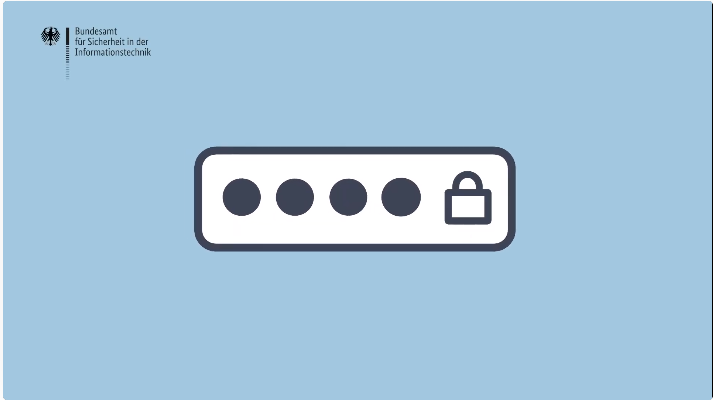7 Tips to Stay Safe Online
17.06.2020

These days, it's getting harder and harder to stay safe online. Ransomware and phishing emails are just a few of the many ways to steal personal data or trick people into getting their files back in some way (usually financially). In order to avoid such problems in the first place, there are some easy-to-implement tips that you can use to ensure your safety in cyberspace.
1. Regularly update your software and apps
Waiting while an update is installed on your phone or computer can be frustrating, but it's worth the wait. Nothing is perfect and almost every operating system has vulnerabilities that hackers exploit to get people's money and data. Usually, developers discover these bugs more quickly and release updates that solve the potential problem before they arise. For example, the famous Wannacry ransomware wave could have been prevented if users had installed the latest version of Windows, which fixed the vulnerability.
2. Create strong passwords
It cannot be stressed enough, but creating a strong password is crucial to ensure the security of your accounts. Websites with private information and banking transactions are often attacked by hackers, and common and/or short passwords (under 8 characters) are very easy to break. "Digital Trends" published an overview of the most commonly used passwords in the world. So make sure your passwords are over 9 characters long, case sensitive (preferably random), special characters, numbers and do not include personal information (names, birth years, etc.). Sentences with punctuation marks, for example, are easy to remember and very secure.

If you want to know how secure your password is, visit this page and enter a modified version of your password to see how long a hack attempt on your account would take.
3. Use Two-Step Authentication
In addition to a good password, two-step authentication provides additional security for your online accounts. Make sure this feature is enabled for apps that may contain private or confidential information, such as your Google or Leitz cloud account or your online banking app. Even if your password is stolen, hackers would need to get their hands on your phone or biometric data (fingerprints or iris scan) to access your account. Ideally, in the event of theft, you can remotely wipe the files contained on the stolen device, as is the case with LeitzCloud.
4. Never Trust Unknown Files
Malware does not always have to be introduced into a computer by hacking. Very often it actually happens that you unintentionally open or install a virus yourself. Often this happens by opening unknown emails and clicking on unknown, specified links and documents. So if you get an email from unknown people, whether companies or individuals, don't open it immediately. Google the company and call them and give the subject of the email. But if you already suspect that it is a scam, delete this email directly.
5. Use a VPN (especially with Public WLAN)
Connecting to a public Wi-Fi network at an airport or café is convenient but far from secure. Other people connected to the same network can intercept information you send and receive. A VPN acts as an encrypted tunnel for all your online traffic, thus making it hidden and unreadable to the "bystander". However, it is also important to choose the right VPN, as free versions hide risks such as information selling. So avoid free VPNs.

To learn more about the dangers of free VPNs, check out our blog.
6. Shop via Secure Websites
When you visit websites through which you want to buy something, make sure that the website starts with the certificate "https" and not just "http". Also, the address symbol contains a lock symbol. The "S" in the https part stands for "secure". This means that information you exchange with the website, for example your bank, is reliably encrypted.
7. Follow the Latest News
Although it may seem obvious, it can be difficult to keep up to date with cyber world news in the future. There are currently many articles online describing the risks of clicking on links in your email or using free VPN. It is also recommended that you improve your cyber hygiene. If you know that ransomware reports are on the rise in your region, you will be more careful when surfing.
Conclusion
Hopefully, this blog has shown and explained a few new tips and tricks for your online life. However, the last thing we'll give you is something you'd better always keep in mind: No matter what you use your internet for, make sure that only you have access to your files. Hackers, and some companies that are not GDPR compliant, will always find a way to make money from your information and, in the worst case, harm you in the process. So never assume that you are not interesting to strangers.